“God Emperor asks ‘Would you still love me if I were a mad king super worm?’”
In this week’s newsletter:
Press Play with Jason Pack
Essex Book Festival May 28-June 30
Fast Five with Kyle Flemmer
Scholarly Sources with Jaap de Roode
Press Play with Jason Pack
Jason Pack is the Founder of Libya-Analysis LLC, and the host of Disorder, a geopolitics podcast available on the NBN. He is an Associate Fellow at the Royal United Services Institute (RUSI) and the Senior Analyst for Emerging Challenges at the NATO Defence College Foundation in Rome. Listen to the podcast recommendations featured on his Substack, Ordering the Disorder. And check out his interview with NBN’s own Marshall Poe.
Essex Book Festival May 28-June 30
The Essex Book Festival was established in 1999, and is now recognized as one of the leading festivals in the East of England. The festival organizers invite writers and artists from all over the world to take part in its activities and events. In addition, the festival hosts a year-round series of writing and reading programs for all ages and abilities as an independent charity. If you’re in Essex in June, get your tickets here!
Fast Five with Kyle Flemmer
Kyle Flemmer is a writer, publisher, and digital media artist from Calgary in Treaty 7 territory. He founded The Blasted Tree Publishing Co. in 2014 and released his first book, Barcode Poetry, in 2021. Flemmer is the author of many chapbooks and his work has appeared in anthologies and exhibitions in Canada and abroad. Supergiants (Buckrider Books, 2025) is Kyle's first trade book of poetry, and his next, The Wiki of Babel, is forthcoming from the University of Calgary Press.
Nilling: Prose Essays on Noise, Pornography, the Codex, Melancholy, Lucretiun, Folds, Cities and Related Aporias by Lisa Robertson — This is the book of all books. In it, Robertson present a series of multivalent essays about reading, cognition, reproduction, and the written codex that strike at the meaning of life, so far as it can be summed, and so far as I perceive it. Nilling is a short collection of essays, but it justifies reading and writing in terms of the generative experience of human social interaction. To consciously and voluntarily cede one’s inner voice to the imported voice of the written word is an act of interpersonal communion that is deeply human and humane.
Without Form by Ben Robinson — This is a limited-edition erasure poetry book that I had the great pleasure to publish through my small press The Blasted Tree in partnership with knife | fork | book on behalf of Ben Robinson. The project is an erasure poem of the entire Holy Bible leaving only the chapter and verse notation drifting like constellations of tiny numerical stars across the otherwise empty pages. We produced a big, beautiful hardcover edition of this book, and it’s one of the crown jewels of my bookshelf, but we only made 50 copies, so it is something of a collector’s item.
Don Quixote by Miguel de Cervantes — Classics on a contemporary book list can sometimes point to a lack of imagination, but speaking as a total nerd for the classics, Don Quixote is one of the few that not only lives up to but far exceeds its reputation. I love Candide, Moby Dick, and Madame Bovary, and these books break my heart every time I read them, but Don Quixote is a joyful revelation that leaves my heart feeling full. There is no need to diminish your oddity to accommodate the world. Live your truth earnestly and with verve, and the world will accommodate itself to you.
God Emperor of Dune by Frank Herbert — Even if the first three volumes of the Dune series aren’t your cup of tea, I think they are worth reading through to get to God Emperor because it is some of the most unhinged, lurid, mind-melting palace intrigue you will ever encounter in print. God Emperor asks “Would you still love me if I were a mad king super worm?” and “Will the oppressed reclaim their humanity if you torture them thoroughly enough?” Deeply problematic in all the right ways, this book is about testing what people, and even you as a reader, are willing to tolerate.
I Am a Strange Loop by Douglas Hofstadter — Not quite philosophy, not quite cognitive science, not quite mathematics or memoir, I Am a Strange Loop treats the existence of consciousness in a way which totally rewired my understand of how “I” works. Personally, I skew toward the materialist end of things, and this book puts forward a compelling vision of a material universe that is organized around and operated on by higher-order abstractions that have no physical existence, such as the conscious self. It’s written in the language of popular science and Hofstadter is sometimes ridiculed by “serious” philosophers and scientists, but to me it feels measured, sensible, and approachable.
Listen to Kyle’s great NBN interview about Supergiants to learn more about his poetry.
Scholarly Sources: Jaap de Roode
Jaap de Roode is Samuel C. Dobbs Professor in the Department of Biology at Emory University. He recently published Doctors by Nature: How Ants, Apes, and Other Animals Heal Themselves (Princeton UP, 2025).
Q: What are you reading right now?
A: I am about to finish Our Oldest Companions: The Story of the First Dogs by Pat Shipman. It’s very interesting to learn how humans and wolves established a relationship that contributed to the success of both species for thousands of years. Speaking of dogs, I am in the middle of The Other End of the Leash: Why We Do What We Do Around Dogs by Patricia McConnell. I have also started Flight Behavior by Barbara Kingsolver, and am slowly making progress with The Civil War by Bruce Catton. I guess I have a tendency to read multiple books at once.
Q: What is your favorite book or essay to assign to students and why?
A: I like to assign the essay On the Tendency of Varieties to depart indefinitely from the Original Type to my students in my introductory biology class. This essay was written by Alfred Wallace, a contemporary of Charles Darwin.
Darwin became famous for his theories on evolution and the process of natural selection. While he was preparing a large book on the topic, Wallace wrote his essay on the exact same topic. This spurred Darwin to write a short version of the book he intended to write. That short version was On the Origin of Species, Darwin’s most famous work. I like Wallace’s essay because it explains the theories really well. And if it had not been for him, Darwin may have taken forever to finish his book. It also means we should really mention Darwin and Wallace in the same breath when we talk about evolution.
Q: Is there a book you read as a student that had a particularly profound impact on your trajectory as a scholar?
A: Can I choose two? One of them is The Selfish Gene by Richard Dawkins. I had learned aspects of evolution in several different classes, but never had experienced a thorough description. I thought that Dawkins explained evolution so well, making many great analogies. Reading his book really made me understand the process. The other book is Darwin’s Dreampond by Tijs Goldschmidt, in which the author talks about Lake Victoria, and how the hundreds of species of cichlid fish there evolved. He then goes on to talk about how a bucket load of Nile perch disrupted the whole ecosystem. I read the book in the original Dutch language, and it really helped me understand how species form and how fragile ecosystems can be.
Q: Which deceased writer would you most like to meet and why?
A: Can I go back to Darwin and Wallace? And add Gregor Mendel, who first discovered the laws of inheritance? What fun it would be to have a tea party with them and to explain to them how important their work was, and how it has become the foundation of all of biology and medicine. Imagine showing them a modern textbook that explains their ideas, and the evidence we have accumulated! I guess the painful piece would be to explain to Wallace why most people have never heard of him and refer to Darwin only. That could be awkward.
Q: What's the best book you've read in the past year?
A: Tough question. So many great books! When it comes to popular science, I really enjoyed Bethany Brookshire’s book Pests: How Humans Create Animal Villains. It is such a great reminder that animals are only pests because that is what we make them. If we did not invade their habitat, they would not bother us. Another great book I read is The Safekeep by Yael van der Wouden. Having grown up in the Netherlands, I have read so many books about the Second World War, but this novel is different in that it dives into the aftermath of the Holocaust when surviving Jewish people returned to the Netherlands, only to find out that the war was not really over for them. It’s a heart-wrenching tale of love, loss, and self-discovery.
Q: Have you seen any museum exhibitions that left an impression on you recently?
A: Yes, I visited Philadelphia recently for the first time in April, and I went to see the Liberty Bell. In the days leading up to my trip, I had discovered that most Americans had a limited knowledge of the bell. Most of them knew it was cracked, though. I think that’s quite fitting, because that crack shows just how fragile liberty is. What impressed me most about the exhibition is the fact that liberty is such a relative concept. The bell first symbolized independence from England, then was adopted by the emancipation movement (who coined the name), and later by the suffrage movement. Even today, there are so many people who are not free.
Q: What do you plan on reading next?
A: On my pile to read are Power in the Wild: The Subtle and Not So Subtle Ways Animals Strive for Control Over Others by Lee Dugatkin, and Sex is a Spectrum: The Biological Limits of the Binary by Agustín Fuentes.
Check out Agustín’s recent NBN interview on his new book here!
Q: Who should read Doctors by Nature?
A: Everyone! Haha, well, that would be great. But seriously: people who love animals; people who want to learn more about how animals can help us improve agriculture; people who may not think that animals are smart; people who want to become rich by learning the medicinal secrets from animals; people who want to learn some fun facts to throw around at a cocktail party; and people who are aspiring scientists. And of course: anyone who wants to know why their dog or cat eats grass…
Q: Why is fundamental research so important for the development of medicine for humans?
A: So many reasons. We know one thing for sure: curiosity-driven research will lead to useful applications. We may not know what those will be, but we know there will be. So, when it comes to human medicine, I describe research on domestic cats in my book. People have known for thousands of years that cats go crazy over catnip and silvervine. But why? Japanese researchers have recently found out that by rolling around on the plants, the cats cover themselves in chemicals that repel mosquitoes. They have now patented the chemical for human use. But they did not set out to find a human mosquito repellent. They just wanted to know why cats behave so weird! And in studying that they stumbled upon this unexpected application.
Listen to Jaap’s NBN interview about Doctors by Nature: How Ants, Apes, and Other Animals Heal Themselves (Princeton UP, 2025) to learn more about how animals use medicine!
Want to learn more about animals? Subscribe to the New Books in Animal Studies channel to hear experts like Jaap discuss their innovative research on elephants, glowworms, and more!

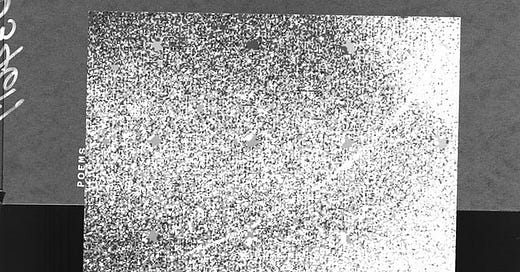


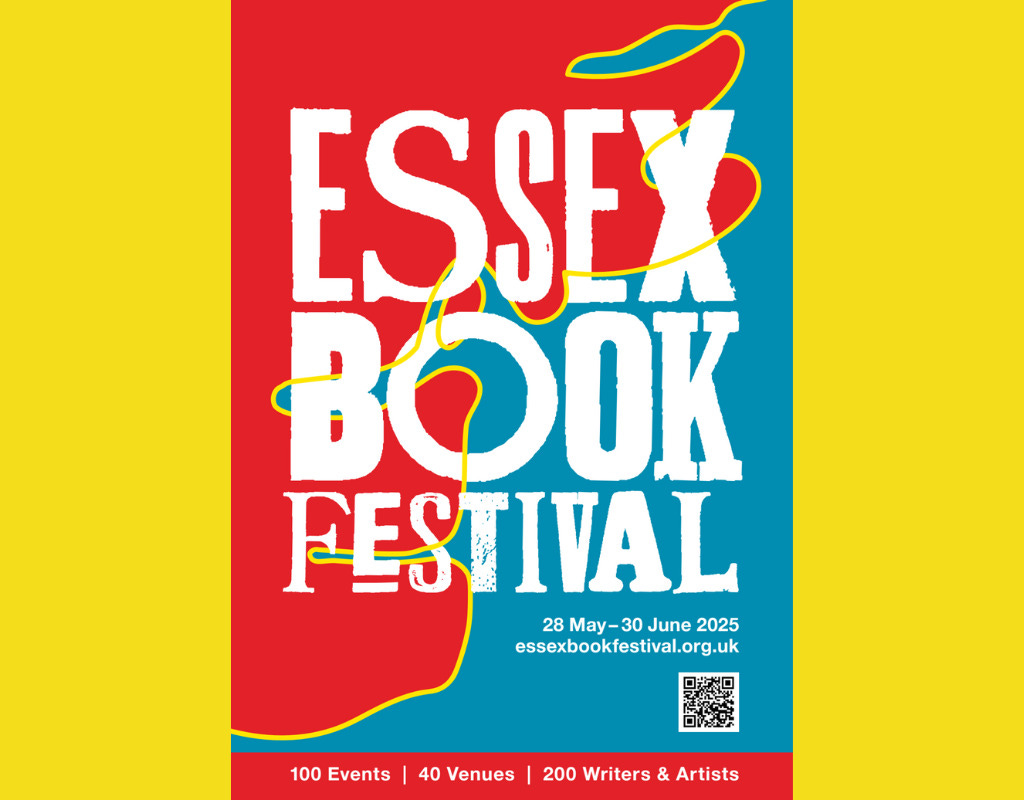
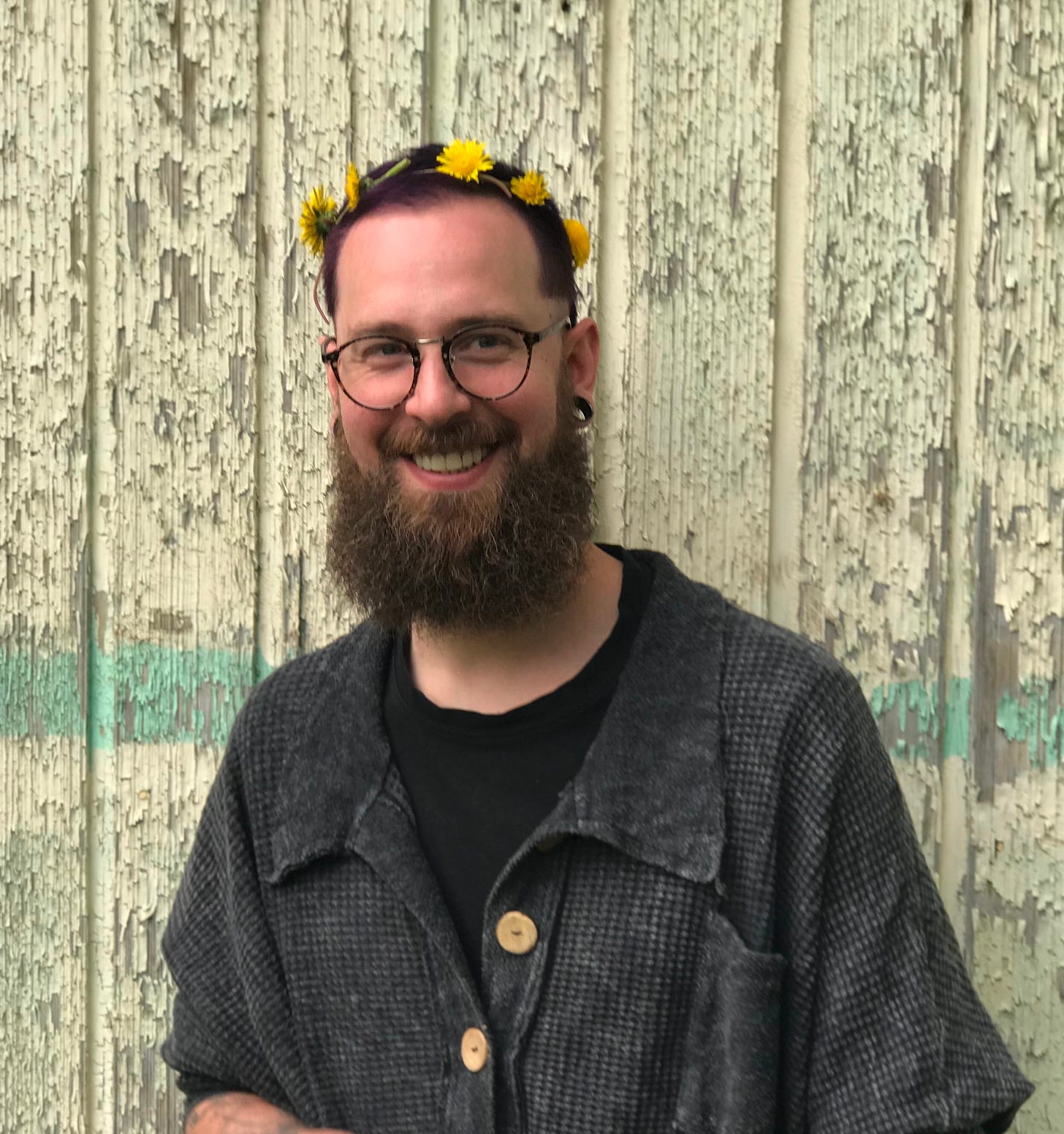

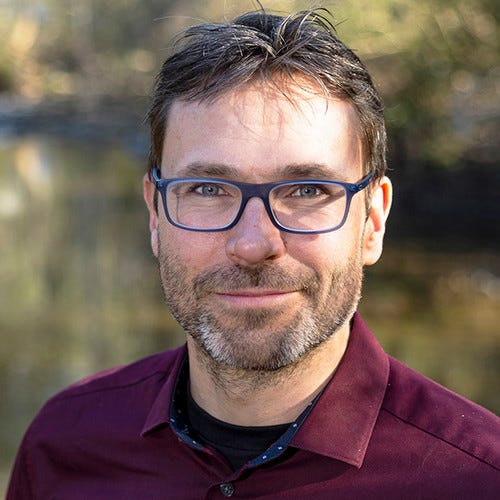
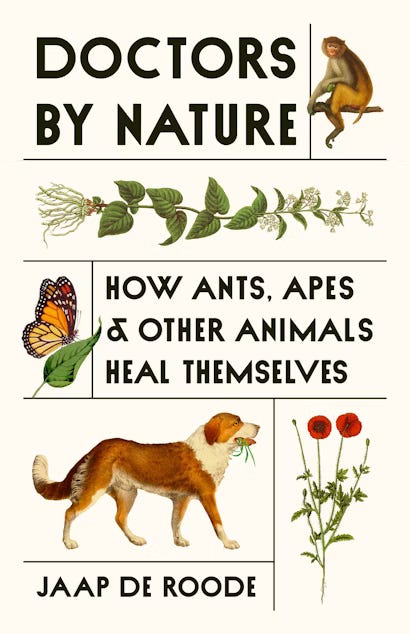

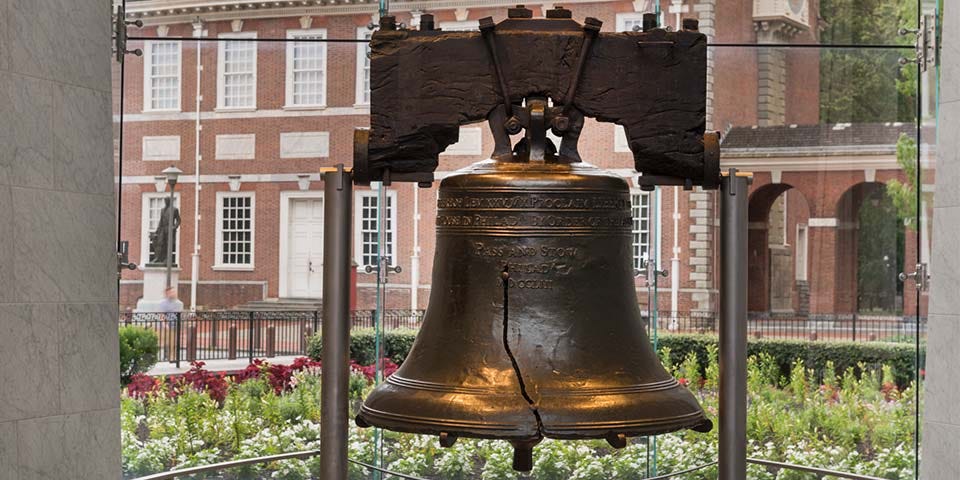
I love Kyle Flemmer’s poetry!